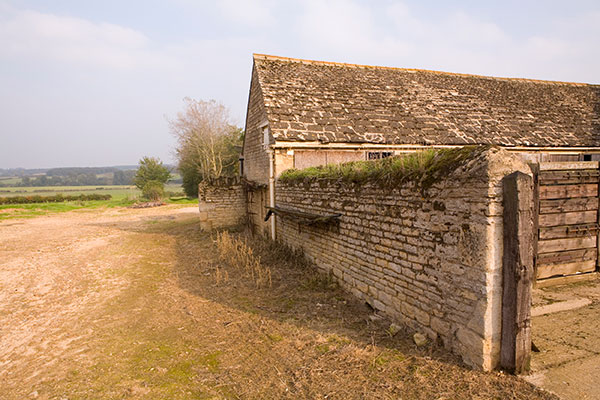Nineteenth century cattle barns do not make good stores for Butternut squash. After spending January sorting through decaying gourds in search of the one in four that survived the damp and cold of a Devon winter, I have decided to spend some money insulating, damp-proofing and heating the barn, and securing it against squirrels and the occasional rat.
Digging down through the layers of concrete, compacted lime, tiles and cobbles exposes the history of what was once a model farm – before the well-heeled owners emigrated to South Africa when British agriculture went into decline in the 1870s.
The Corn Laws, which blocked the import of cereal crops from abroad, were repealed in 1846, exposing British farming to competition from the expansive, fertile US prairies. In the 1870s, after the American Civil War, cheap imports finally brought the English yeomen (who owned and cultivated small farms) to their knees.

Almost all the barns and grand farmhouses around here were built during the preceding ‘golden age of British farming’. This particular barn is truly spectacular, and once had an undershot waterwheel fed by a leat from the small stream that passes by. If reinstated, this waterwheel would (in winter) generate a paltry 750W of electricity, or the output of the average horse; perhaps enough to run a small mill or apple press, but barely enough to make my toast today.
While digging out the cobbles (don’t worry; they will all be rehomed), I muse on all that would be possible if agriculture still accounted for 22 per cent of GDP as it did in 1850, compared to just 0.7 per cent today. New Zealand farmers, who are more exposed to world markets, would say: “Give UK farmers a high milk price, and they will think of an expensive way to produce milk.”
I suspect the farmers of the golden age were guilty of the same indulgence, but they did build some fine barns. As I dig, I also wonder at our insatiable appetite for cheap energy. Until energy is more expensive, I suspect we will keep thinking of new ways to waste it. A ludicrous example is the amount consumed by computer servers to mint virtual coinage and record transactions in the new cryptocurrencies.
It would take 11 million waterwheels to power Bitcoin today; comparable to the energy consumed by all of Venezuela. For what gain? The yeoman’s mind would have boggled, and mine does too.


